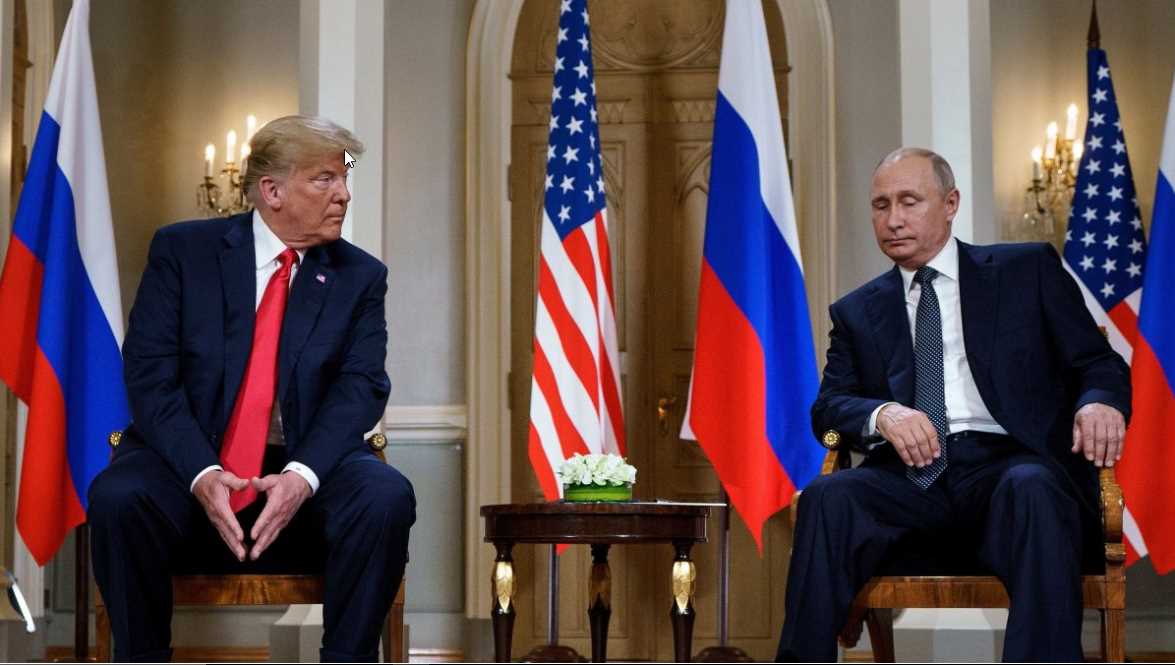 U.S.–Russia Diplomacy Resumes Amid Political Tensions and Global Uncertainty
U.S.–Russia Diplomacy Resumes Amid Political Tensions and Global Uncertainty
Published on June 11, 2025 | By Today International News
Moscow, Russia— The United States and Russia have agreed to resume direct diplomatic talks, with the next round scheduled to take place in Moscow following preliminary discussions in Istanbul. The renewed engagement marks a rare attempt at improving bilateral relations between the two nuclear powers, even as scepticism and opposition grow within the U.S. Congress.
Despite a deep freeze in relations since the 2022 invasion of Ukraine and continued international sanctions, both sides appear willing to test the waters of diplomacy in hopes of preventing further escalation and addressing mutual security concerns.
From Istanbul to Moscow: A Tentative Step Forward
Sources close to the negotiations confirmed that the initial round in Istanbul focused on establishing “confidence-building measures” and reaffirming channels for communication on arms control, nuclear risk reduction, and cyber security. While no breakthroughs were reported, the dialogue was described as “constructive” and “candid”.
U.S. Special Envoy for Strategic Stability, Ambassador Thomas Whitman, is expected to lead the American delegation in Moscow later this month. His Russian counterpart, Deputy Foreign Minister Sergei Ryabkov, will host the discussions.
“The road ahead is difficult, but open dialogue remains essential,” said a spokesperson for the U.S. State Department. “Diplomacy, even with adversaries, is part of our responsibility to ensure global stability.”
Congressional Backlash: Bipartisan Concerns Mount
Back in Washington, news of resumed talks with Russia has triggered bipartisan concern, especially among lawmakers who remain wary of engaging with Moscow without firm preconditions. Several prominent members of Congress criticised the administration for initiating talks while Russia continues aggressive military operations in Ukraine and exerts pressure in Eastern Europe and cyberspace.
Senator Lindsey Graham (R-SC) called the move “premature and naive”, warning that any talks should be “conditioned on Russia ending its war crimes and territorial violations.” Similarly, House Foreign Affairs Committee Chair Rep. Maria Rodriguez (D-CA) stated, “We support diplomacy, but not at the expense of accountability.”
What’s on the table?
While the full agenda of the upcoming Moscow talks has not been made public, officials suggest the two sides will prioritize
-
Nuclear arms control and treaty extensions, especially regarding New START and intermediate-range missiles.
-
Military-to-military communication channels to avoid accidental conflict, particularly in contested regions like the Black Sea and Arctic.
-
Cybersecurity norms and non-interference, amid growing concerns of state-sponsored cyberattacks and election meddling.
Analysts believe any progress in these areas would be incremental at best, given the current state of distrust. However, even modest agreements could help de-escalate rising global tensions and revive dormant arms control frameworks.
Why Now?
The decision to resume diplomacy follows months of backchannel communications facilitated by neutral countries, including Turkey, Switzerland, and India. Experts say that the global security landscape—marked by wars in Ukraine and the Middle East, a rising China, and a strained NATO—has prompted both nations to reconsider the costs of zero communication.
“Neither side benefits from total diplomatic silence,” said Dr. Elena Markovic, a senior analyst at the European Council on Foreign Relations. “This isn’t a partnership. It’s damage control.”
International Reactions
Reactions from allies have been cautiously optimistic. The European Union issued a statement welcoming the talks but urging the U.S. not to ease sanctions or reduce pressure on Moscow without meaningful concessions. China, while not directly involved, has also voiced support for peaceful dialogue among global powers.
Ukrainian officials expressed concern that the resumption of U.S.–Russia diplomacy could signal a softening of Western resolve, though American officials reassured Kyiv that no discussions would compromise Ukraine’s sovereignty or security.
Conclusion: Diplomacy Returns, But Distrust Lingers
While the resumption of U.S.–Russia talks marks a significant development, the path forward remains uncertain. The challenges are immense, and domestic political pressure on both sides could derail progress. Still, in a world teetering on the edge of multipolar instability, the willingness to sit at the table—even warily—could prove crucial in preventing greater conflict.
